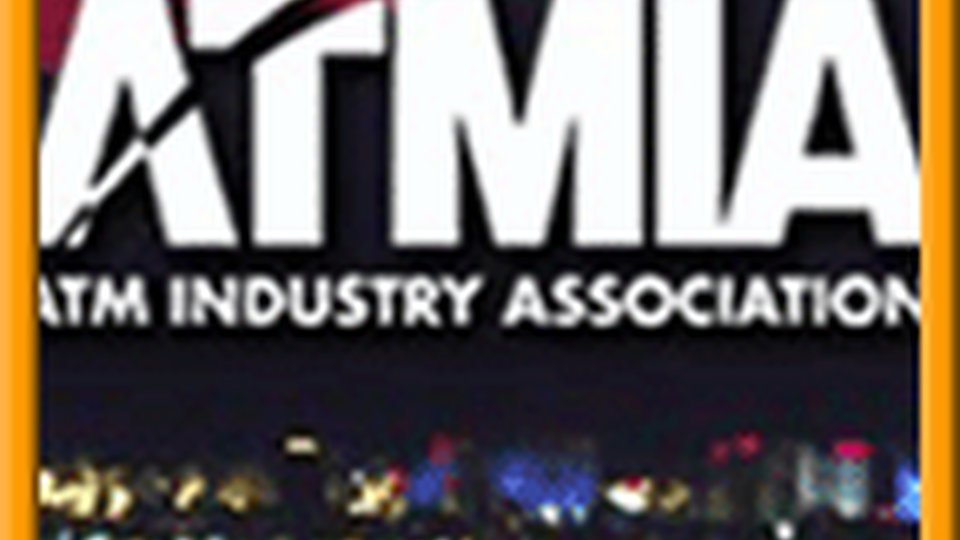ATMIA show focuses on PCI, terrorism threats and security mandates.
Phishing and money-laundering, and how the two can affect the ATM industry, are expected to be the focus of the ATM Industry Association's 2007 security conference.
ATM Security in the Americas 2007 opens Tuesday night, but a pre-conference workshop about the Payment Card Industry Data Security Standard is one ATMIA says attendees should consider. Led by Susan Kohl, Wayne Varga, Julie Perkins and Bruce Sussman, the four-hour workshop will cover everything PCI - from defining the PCI Data Security Standard and explaining why the industry should care about it, to complying with the standard and successfully passing PCI audits.
How will PCI impact the ATM industry? Kohl, the president and chief financial officer of ThoughtKey Inc., a company that provides consulting services related to key management, PCI and PIN security, will tackle that question during her introduction to PCI. What about passing the dreaded audit? Perkins, the managing director of technology risk management services for RSM McGladrey Inc., will explain what every company should know and look for where audits and reports are concerned.
| story continues below... | advertisement |
| |
| | | This story and all of our great free content is supported by: | |  | | Columbus Data Services Providing small to mid-size financial institutions and ATM deployers with state-of-the-art technology at cost effective prices. | |
| |
|
Sussman is a certified public accountant, certified information systems auditor and security professional. During the Tuesday session, Sussman will review PCI data storage, POS-related fraud, phishing and identity theft.
On Wednesday, a representative from the Federal Bureau of Investigation will deliver the keynote, "Today's Terrorist Threat for Financial Services."
Laundering money through the ATM has been a concern law-enforcement agencies have shared with the ATM industry for a number of years. Now that the threat of terrorism is heightened, the government is taking the threat of money-laundering more seriously. (Read also,AmEx pinched for money-laundering.)
Kevin Sullivan, a New York State Police investigator who has worked closely with ATMIA for the last several years, told ATMIA East goers last year that the USA Patriot Act is going to have far-reaching effects on the financial-services industry.
"Who is monitoring the transactions at the ATM?" he asked. "And once you're monitoring them, are you looking at the right information, and are you telling the police or the proper authorities about suspicious transactions?"
It's a complex and dynamic issue, Sullivan said.
From there, a representative from MasterCard Worldwide will hit on the Europay, Visa, MasterCard standard. The presentation will revolve around how EMV has cut fraud losses in countries where the standard has been adopted.
Wednesday afternoon will be broken into two tracks - one that focuses on off-premises ATM security and another that hones in on security in the on-premises world.
Peter Kulik, assistant vice president of product management for Cincinnati-based Fifth Third Bank Processing Solutions, will give an overview of emerging e-threats that are adversely affecting financial institution networks and ATMs. Phishing scams hurt FIs, Kulik says, because they perpetuate consumer distrust.
According to McAfee, which provides anti-spamming products and Web-filtering blocks that prevent prompted users from hitting phishing Web sites, big-name FIs are the usual brands exploited by phishers. Among the phishers' favorites: TD Canada Trust, Bank of America, Mid West Heritage Bank and Bank of the West.
Other track sessions for the afternoon cover the use of biometrics at the self-service channel as well as end-to-end transaction security. (Click here to review a complete schedule.)
Beyond security, certain trends, such as consolidation and liquidation, are affecting ATM deployers more than ever. During a panel discussion that will wrap Wednesday's agenda, industry experts from the processing, network, FI and independent sales organization sides of the business will talk about the path that has led many ISOs to take their ATM processing in-house. Are ISOs ready to take on the added responsibility, from compliance and operating-efficiency perspectives?
Show exhibitors ATMIA Pulse EFT Association RBS Lynk Switch Commerce Accel/Exchange Network DPL Group |
"As margins in the ATM business decrease - due to decrease volume, competition and manpower requirements to meet ever-increasing federal and network regulations - companies owning ATMs are looking for looking for different ways to decrease expenses," Kilcrease said. "Purchasing and buying software to process ATM transactions seems a logical path to take ... and many ISOs are investigating different options."
ATMIA has identified four points the panel is expected to address: making money, when processor rates have come down so dramatically; finding a sponsoring FI; buying the software and making the upfront investment; and understanding the liability that FIs take on when they sponsor a third-party processor.
Thursday's schedule includes presentations from Mike Urban at Fair Isaac Corp., Richard Gould of Australia's Lockit Systems, designer of the anti-ram-raid device the Raminator, and Russ Hinley of Pendum. From a legal and legislative perspective, Cardtronics' Mike Keller and Pillsburg, Winthrop, Shaw and Pittman's Daveed Schwartz will host presentations that touch on new laws and litigation that are impacting the ATM business.
The Las Vegas show, which runs Sept. 11-13, expects to attract between 150 and 200 attendees.

















